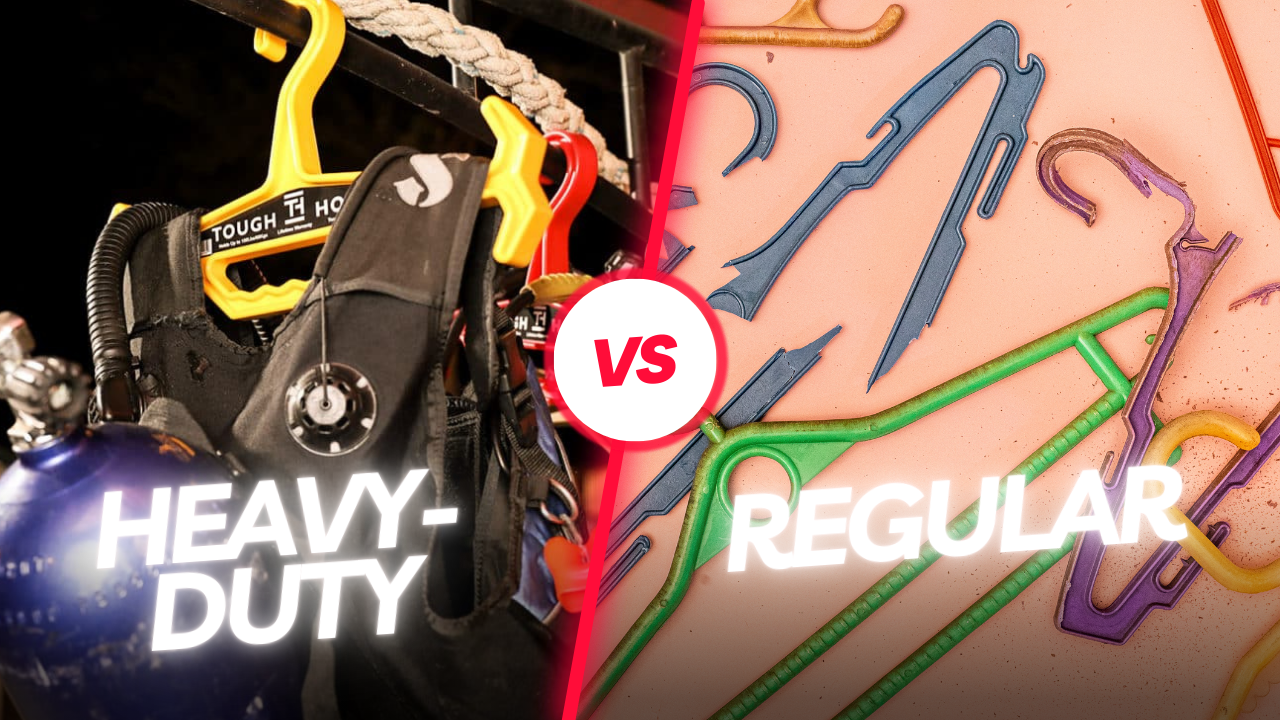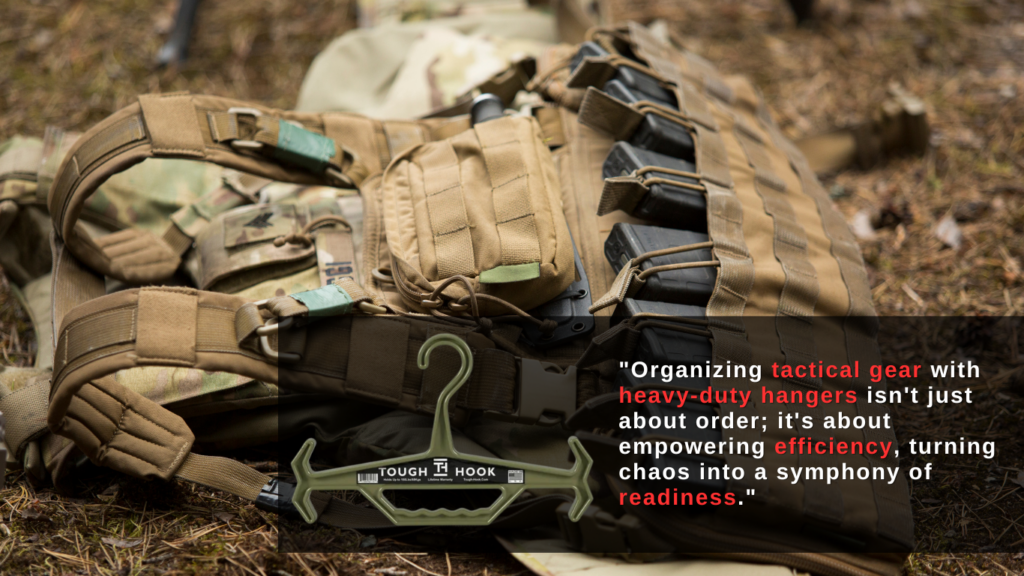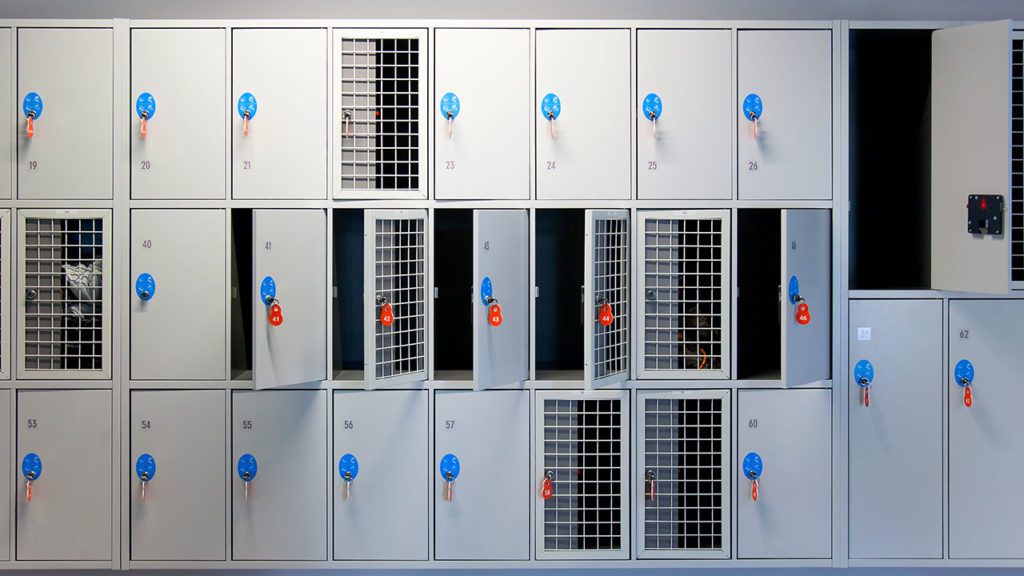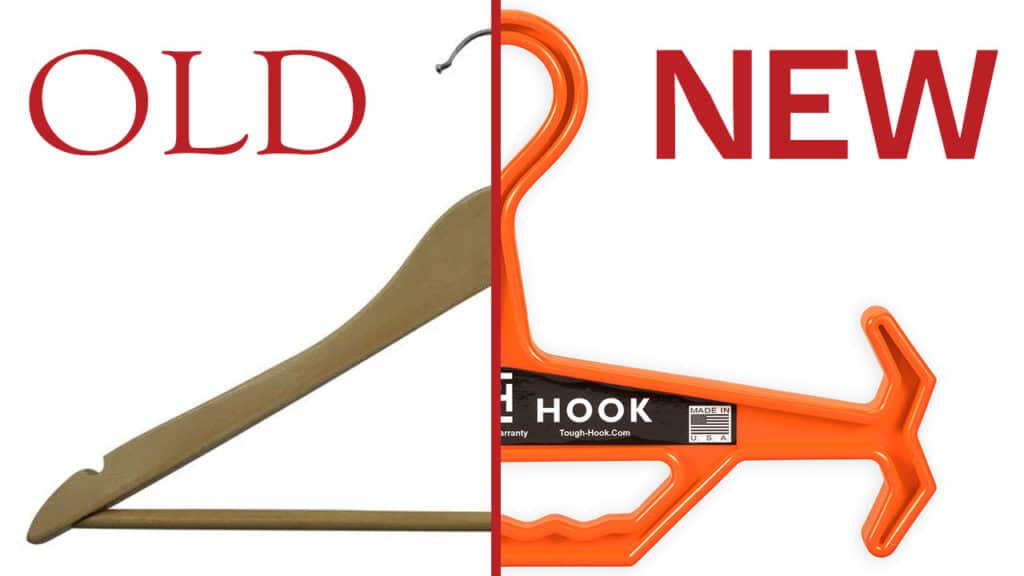Keeping your clothes looking sharp isn’t just about how you wash and iron them. It’s also about how you store them. The humble hanger, often an afterthought, plays a crucial role in maintaining the shape and integrity of your garments. But with a plethora of hanger options available, choosing the right one can be confusing. This article dives deep into the world of hangers, specifically comparing heavy-duty hangers to their regular counterparts.
Built to Bear Weight: Understanding Heavy-Duty Hangers
Heavy-duty hangers are exactly what they sound like: hangers designed to handle the weight of heavier garments. These garments can include:
- Winter coats
- Bulky sweaters
- Leather jackets
- Suits
- Dresses with heavy embellishments
Regular hangers, typically made of flimsy plastic or thin wire, are prone to bending or snapping under the weight of these heavier clothes. This can cause the garment to lose its shape, develop permanent creases, or even tear at the shoulder seams.
Heavy-duty hangers, on the other hand, are constructed from sturdier materials like:
- Thick wood: Hardwood varieties like cedar or beech offer exceptional support and a touch of luxury.
- Sturdy plastic: High-quality plastic hangers can be surprisingly robust, especially when combined with a thick and broad design.
- Metal: Chrome or nickel-plated hangers offer unmatched strength and a sleek aesthetic.
The key characteristics of a heavy-duty hanger include:
- Broader shoulders: This wider profile helps distribute the weight of the garment more evenly, preventing shoulder bumps and dips.
- Thicker construction: The overall thickness of the hanger material ensures it can withstand significant weight without bending or warping.
- Reinforced construction: Some heavy-duty hangers feature additional reinforcements at stress points, like the hook or the neck area.
The Advantages of Heavy-Duty Hangers
There are several compelling reasons to invest in heavy-duty hangers for your wardrobe:
- Preserves garment shape: By offering superior support, heavy-duty hangers prevent your clothes from stretching or sagging, keeping them looking sharp for longer.
- Reduces wrinkles: The sturdier construction minimizes the formation of wrinkles, especially on delicate fabrics or garments with tailored features.
- Extends garment life: By preventing damage from weight-related stress, heavy-duty hangers can significantly extend the lifespan of your favorite clothes.
- Improves closet aesthetics: Heavy-duty hangers, particularly those made of wood or metal, often have a more polished look, elevating the overall aesthetic of your closet.
- Space optimization: Some heavy-duty hangers have a space-saving design, allowing you to maximize your closet space without sacrificing garment care.
Regular Hangers: The All-Purpose Option
Regular hangers, most commonly found in plastic or thin wire, serve a purpose. They are:
- Affordable: Regular hangers are significantly cheaper than their heavy-duty counterparts.
- Lightweight: Their lightweight nature makes them easy to handle and store.
- Versatile: Regular hangers come in a wide variety of shapes and sizes, catering to different garment types.
However, there are also some drawbacks to consider:
- Limited weight capacity: Regular hangers are not suitable for heavy garments and can easily bend or break under significant weight.
- Prone to causing wrinkles: The flimsier construction of regular hangers can contribute to wrinkle formation, especially on delicate fabrics.
- May damage garments: Thin wire hangers with sharp edges can snag or tear delicate fabrics.
- Short lifespan: Regular hangers are more likely to break or warp over time, requiring frequent replacements.
Choosing the Right Hanger for Your Needs
With both heavy-duty and regular hangers having their pros and cons, the best choice depends on your specific needs. Here’s a breakdown to help you decide:
- For heavy garments: Invest in heavy-duty hangers made of sturdy wood, metal, or thick plastic. These are ideal for winter coats, suits, bulky sweaters, and heavy dresses.
- For everyday wear: Regular hangers can suffice for lightweight garments like t-shirts, blouses, and light sweaters. However, consider opting for thicker plastic hangers for improved durability.
- For delicates: Opt for padded or flocked hangers to prevent snagging and add extra support for delicate fabrics like silk or lace.
- For space optimization: Consider slim-profile hangers or hangers with cascading features to maximize closet space.
Beyond Material: Additional Features to Consider
While material is a crucial factor, several other features can enhance the functionality of a hanger:
- Non-slip surfaces: Hangers with a velvet or flocked coating prevent garments from slipping off, ideal for silky fabrics or clothes with straps.
- Notched shoulders: These hangers feature notches specifically designed to accommodate garments with straps, like tank tops or dresses, preventing them from slipping off.
- Clamp or clip attachments: These features are particularly useful for hanging skirts, pants, or delicate garments that require extra support.
- Swivel hooks: Swivel hooks allow garments to hang freely and rotate for easier access, especially in tight closet spaces.
Tough Hook: The Ultimate Heavy-Duty Hanger
While many heavy-duty hangers offer excellent support, for those seeking the absolute strongest option, Tough Hook deserves a mention. Crafted from Advanced High Impact Polypropylene Plastic, Tough Hook boasts unmatched weight capacity.
Ultimately, the choice between heavy-duty and regular hangers boils down to your wardrobe needs and priorities. By understanding the strengths and weaknesses of each type, you can make an informed decision that will help you maintain the shape and lifespan of your clothes. Remember, investing in a few high-quality hangers can significantly improve your closet organization and garment care routine.






